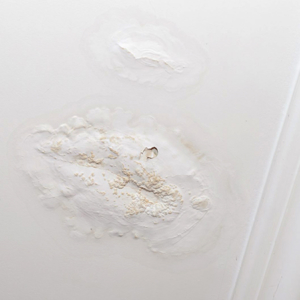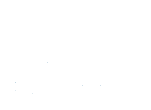Five Most Commons Causes of Drywall Damage
Drywall damage can happen in any home, not just older ones. If you notice holes, cracks or buckling in your walls, these five common conditions will help you assess the cause and the best course of action to take.
Plumbing Leaks
 One of the leading causes of compromised drywall is water damage through older or improperly installed plumbing. Leaking pipes can cause issues such as bulging, buckling, and loss of structural integrity.
One of the leading causes of compromised drywall is water damage through older or improperly installed plumbing. Leaking pipes can cause issues such as bulging, buckling, and loss of structural integrity.
An additional concern is the possibility of dangerous black mold growing behind the walls. This growth can remain unseen but will cause health issues to the inhabitants of a home over time.
If you notice any of the issues above, have your drywall inspected as soon as possible. You may also need to call in a plumber to repair the damaged water line. After the plumbing is repaired, you can safely replace or patch the drywall.
Poor Fastening
Your drywall was most likely installed with joint-fastening tape. As time goes on, this thick tape can loosen due to moisture or age When this happens, the structural integrity of drywall can become compromised over time, and nail or screw heads can become visible through the wall. This is also caused by fasteners that were not set firmly in the stud.
If you notice a nail or screw head showing through your drywall, ask an expert to inspect the damage. The process for repairing each condition is different.
Termite Damage
Termites are a major issue for some homeowners. This kind of damage can be identified by pinholes, a hollow sound when the wall is tapped, damaged paint, and wood damage. If you notice any of these conditions, call an exterminator to determine if there is an infestation.
House Settling
A crack in drywall is a safety issue, especially when in a ceiling. Sometimes this circumstance is caused by common house settling, but it is best not to ignore it. A crack may only get larger and can turn into an expensive and time-consuming repair.
Roof Damage
If you notice cracking reoccurring often in your ceiling, consider having your roof inspected, in addition to the drywall damage. Any kind of hole in a wall is potentially a structural issue and should be taken seriously, especially when occurring in a ceiling.

